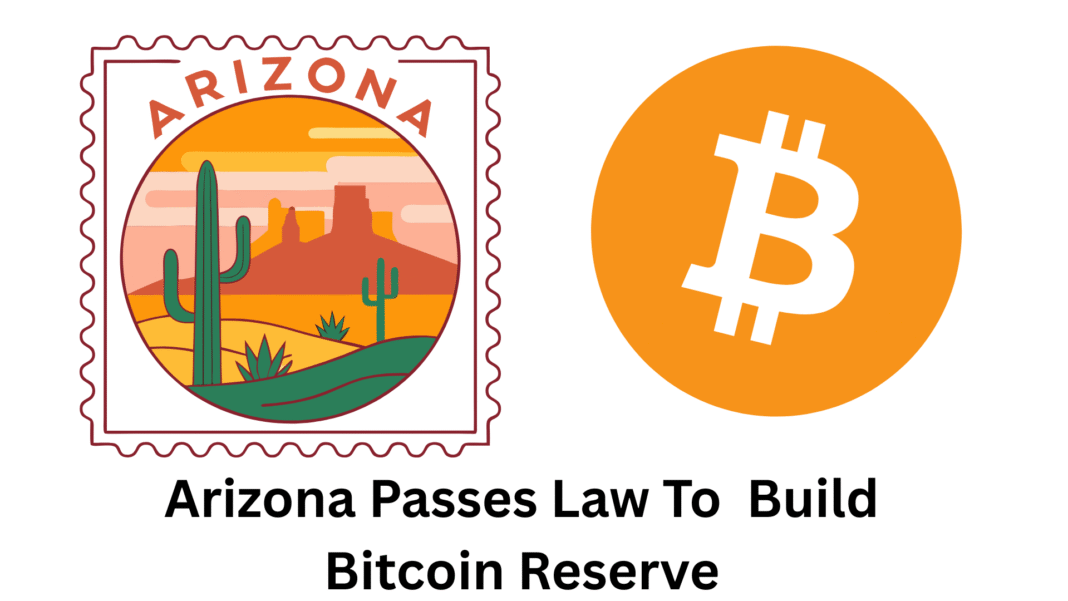Arizona Governor Katie Hobbs signed House Bill 2749 into law on May 7, 2025. The new rule lets the state take ownership of digital currency left unclaimed for at least three years.
If account holders do not respond to notices or show any activity, their crypto will move to the Arizona Department of Revenue.
How the Fund Will Work?
Once the state claims the abandoned digital assets, it can stake them or accept airdrops. Any rewards or new tokens earned through these actions will go into a special reserve.
Lawmakers will decide how to spend the money in the fund. No taxpayer dollars or existing state funds will be used to fund this reserve.
Bill sponsor Jeff Weninger said the law stops value from sitting idle. He said Arizona now leads the nation in handling forgotten digital currency.
The reserve fund will help the state secure and manage these assets. It will also let Arizona benefit from any gains without taking risks with public money.
Comparison with a Vetoed Proposal
This law follows another recent crypto plan that did not pass. State Senator Wendy Rogers proposed creating a Strategic Bitcoin Reserve using money from assets seized by law enforcement.
Governor Hobbs vetoed that bill on May 2. She warned about the ups and downs of crypto and said it would be too risky for retirees. She wrote that retirement funds are not the right place for untested investments in virtual currency.
Link to Other State Efforts
Similar ideas are popping up across the country. In Florida, lawmakers tried to let certain public funds invest up to 10% in Bitcoin. Both their House Bill 487 and Senate Bill 550 failed just before the end of their session.
They never made it to a floor vote. Despite these setbacks, states keep exploring ways to regulate or use digital assets.
What Counts as Abandoned?
Under the new Arizona law, digital assets become abandoned after three years of no owner response or activity. This matches how the state treats other unclaimed property, like stocks.
Once assets are deemed abandoned, holders must deliver them in their original form to the Department of Revenue.
The law names this pool the Bitcoin and Digital Asset Reserve Fund. Lawmakers must vote before putting any of their earnings to work.
That gives the public a chance to weigh in on how the money is used. Staking and airdrop rewards will boost the fund over time.
Arizona’s new law takes effect later this year. It will be the first of its kind in the United States. The state plans to manage the fund carefully. Detailed rules from the Department of Revenue will guide how to confirm abandonment, how to stake assets, and how to record any airdrops.


